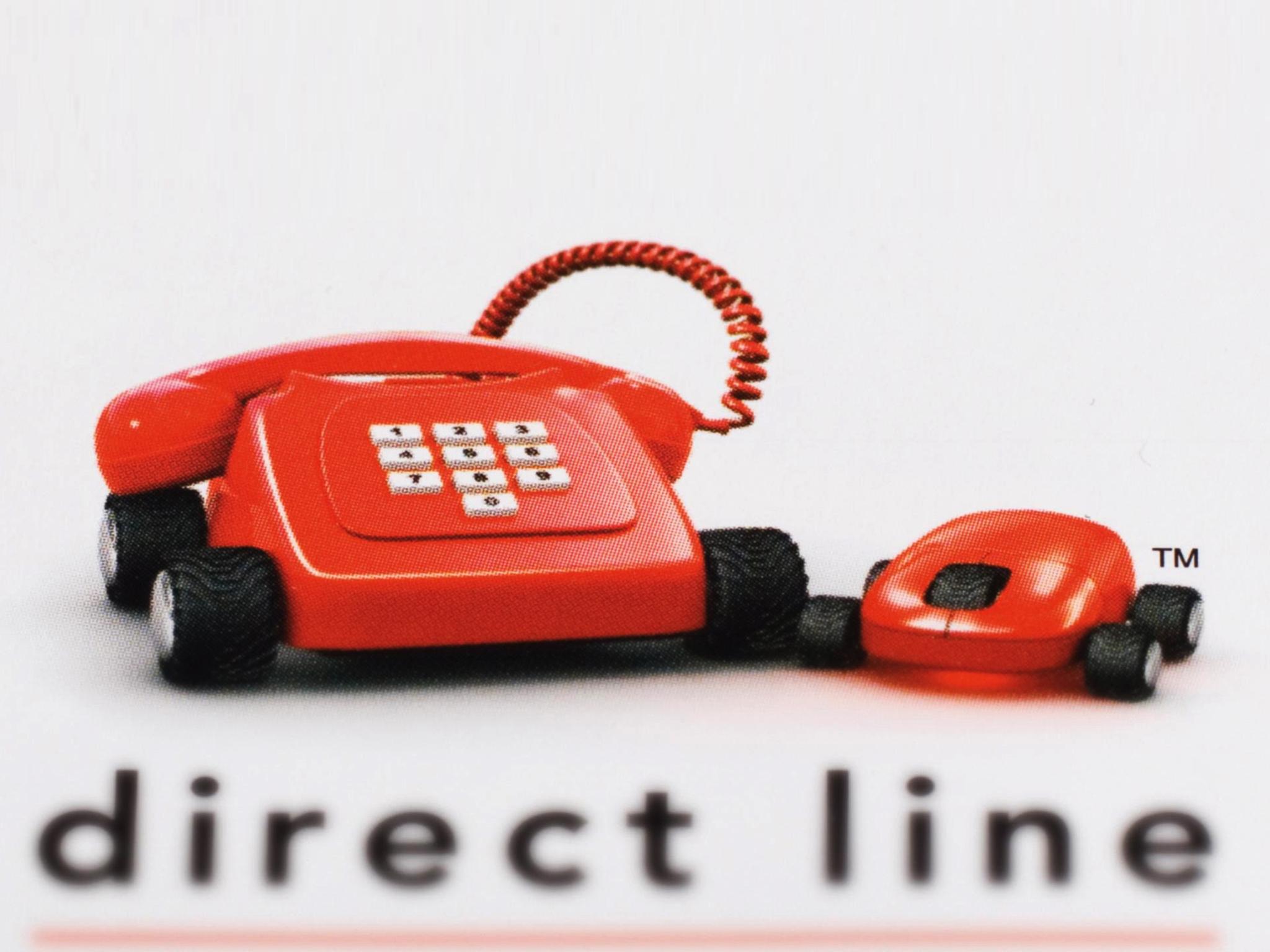Direct Line takes the lead in comprehensive car insurance

Your support helps us to tell the story
From reproductive rights to climate change to Big Tech, The Independent is on the ground when the story is developing. Whether it's investigating the financials of Elon Musk's pro-Trump PAC or producing our latest documentary, 'The A Word', which shines a light on the American women fighting for reproductive rights, we know how important it is to parse out the facts from the messaging.
At such a critical moment in US history, we need reporters on the ground. Your donation allows us to keep sending journalists to speak to both sides of the story.
The Independent is trusted by Americans across the entire political spectrum. And unlike many other quality news outlets, we choose not to lock Americans out of our reporting and analysis with paywalls. We believe quality journalism should be available to everyone, paid for by those who can afford it.
Your support makes all the difference.NIC CICUTTI
Direct Line, the telephone-based insurer formed in 1985, now has the largest market share of the comprehensive motor insurance market, with 11.2 per cent of policies sold in the UK.
The insurer, whose market share rose from 4.8 per cent only four years ago to more than 2.2 million policyholders today, has grown mainly at the expense of big composite insurers, according to the most recent official figures.
The only two large insurers to have fought back and increased their market share are Eagle Star, up to 9.3 per cent from 7.1 per cent in 1992, and Norwich Union, which grew from 7.7 to 8.1 per cent.
Both insurers are among those that reacted fastest to Direct Line's operation by cutting their own rates.
They have also launched their own telephone-based insurance businesses.
Datamonitor, a research and management consultancy, based its survey on returns filed by insurance companies with the Department of Trade and Industry at the end of 1994.
The report said: "[Direct Line's] phenomenal growth has been due to the development of a strong brand image and a policy of undercutting the prices of most of its closest rivals by leaving out the middleman - the broker."
Among companies that have lost business share are Royal, General Accident, Sun Alliance, Guardian Royal Exchange, Commercial Union and Cornhill.
Churchill Insurance, a telephone insurer set up in opposition to Direct Line, was the only other company to grab a sizeable slice of the comprehensive insurance market.
A Direct Line spokeswoman said yesterday that the company's latest information showed its share had risen to the point where it was twice as large as the second-largest competitor in the market.
"One of the reasons that we have been able to build share so rapidly is that we are probably one of the cheapest insurance companies in the world. Our expenses are about 11 per cent, compared to an industry average of 25 per cent," she added.
Eagle Star said yesterday: "We were certainly one of the first traditional insurers to set up a direct service, Eagle Star Direct, in 1989. The customer comes to us from all areas, including brokers, but obviously the direct market is of growing importance. It is a very competitive market and we are one of the most competitive in it."
Norwich Union launched its own telephone-based insurance service earlier this month.
However, Datamonitor also said that after several years of growth in the motor insurance market, the continuing slowdown in car sales will lead to a tail-off in policies sold.
"This lack of growth may in part be due to the slowing growth in the UK population which results in a stagnating car market," the report said.
At the same time, the gap between comprehensive and third-party motor insurance policies is shrinking in the wake of a decision three years ago by most of the industry to end old-style knock-for-knock agreements governing claims. Until then, comprehensive policies subsidised third- party ones, leaving a price differential of about pounds 100 between both types of insurance. This has fallen to pounds 65 or so.
Read More: Direct Line car insurance review
Join our commenting forum
Join thought-provoking conversations, follow other Independent readers and see their replies
Comments